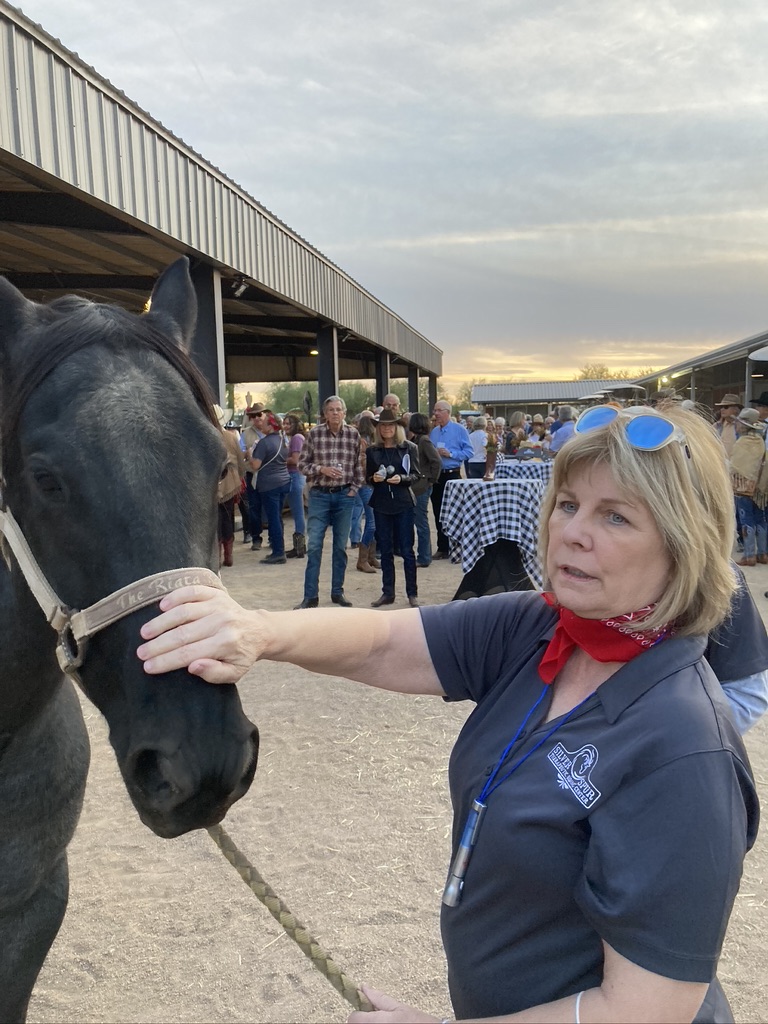They told her that her organs were shutting down and at some point they would have to deliver the baby – no matter what. The answer to the question was that her life was to be spared – period – but they would hold off as long as they could because it was still too early.
Each nurse greeted the woman with “You will not seize on my shift!” and the woman thought, “I didn’t even know that was an option,” lying there, the clock not ticking but jumping hours, missing parts of days until they said, “Baby’s in trouble.” It was said, back then, surgeons had less than three minutes in this situation; I’ve heard from some it’s more like 90 seconds before things can go incredibly wrong. Timing is critical.
The baby remained in the hospital for three and a half months; first in the NICU, (the Neonatal Intensive Care Unit, in an isolette) then the Special Care nursery – in an isolette without a top – now that he could regulate his temperature better. He never made it into the “regular” nursery – the one that everyone visits where they have balloons and ooh and aah over recent deliveries. “Ooh, I think she has your nose;” “No, I think he looks more like his father,” “Well, at least he doesn’t look like Aunt Edna!”
Fast forward down the road about twenty years. One of the doctors of this million dollar-March of Dimes baby (and yes, that’s probably what he cost – in 1990s dollars) mentioned that people (referring to colleges because the mother was having difficulty with the college’s Disability Services) would never know how far the boy had come because these individuals couldn’t imagine where his road had started at one pound five and one half ounces.
The starting point. . . How much one has been through and now that individual’s road with varying difficulties with sensory problems, learning, and communication issues, has led to the doorstep of a college. Speaking as a college professor, I’ve found that the colleges (and universities where I’ve taught) seem to concentrate on the doorstep. It’s easy not to admit someone, but to truly admit someone when that individual has special needs or is on the spectrum might be a better place to start on that road.
Not realizing how tremendously far an individual has come, remember, timing is critical, the obstacles overcome, the communication deficits struggled with and achieved is really where the conversation begins. The physicians know how incredibly smart that student is because of testing to the nth degree, witnessing the determination to achieve even while lying in an isolette trying simply to gain a few ounces. Remember, the next time someone shows up on your doorstep, that individual’s IQ might be equal to or higher than yours, but the road that person took may have been riddled with unbelievable obstacles and may have taken much longer to get to and through this doorstep. It won’t show in traditional ways.
“If we make it difficult, or at least, not any easier, maybe he’ll go away.” Is that how you want to be remembered – for making it difficult for someone else to learn? I’ve been surprised by unlikely sources as I witnessed this happen, but I believe we need to help people learn. I know that GCC has been very good in helping students, but I’m casting my net at a wider audience.
Dr. Temple Grandin, the gifted autistic author, scholar, and expert animal behaviorist, credits those with autism (just one of the many kinds of disabilities in our world) as the people who truly change our world through their new ideas. Think about it.
Remember the March of Dimes and Autism Awareness.
Dr. Anne Kilstofte volunteers with Silver Spur Therapeutic Riding Center of Cave Creek for children and adults with SPECIAL NEEDS and works very hard to ensure that her students’ disability needs are met in her Musicology classes at GCC. She is pictured below at a fundraiser for SSTRC with “Rhoney.”

